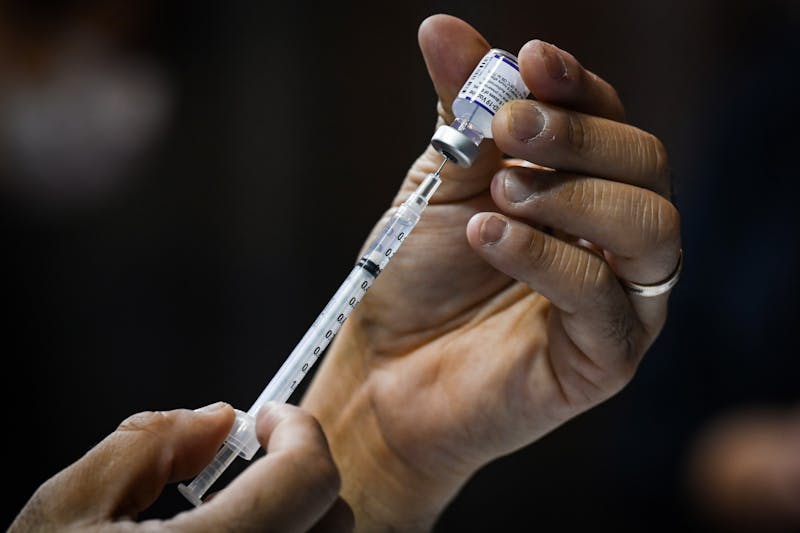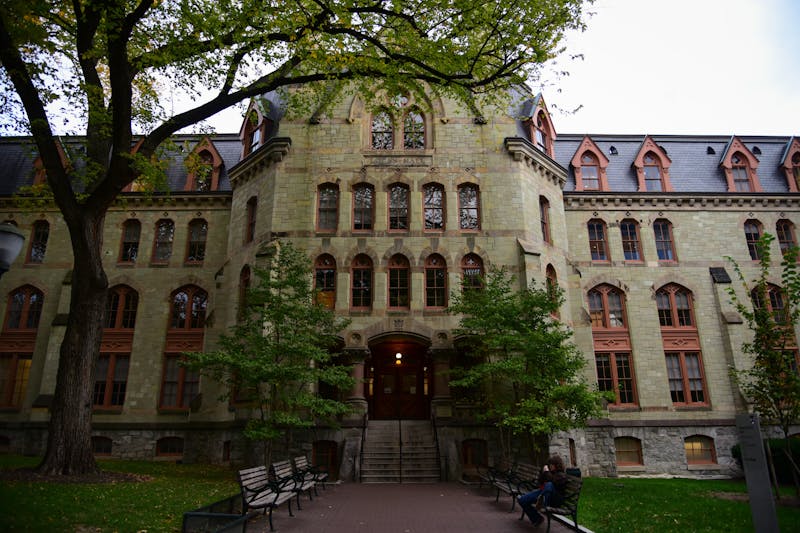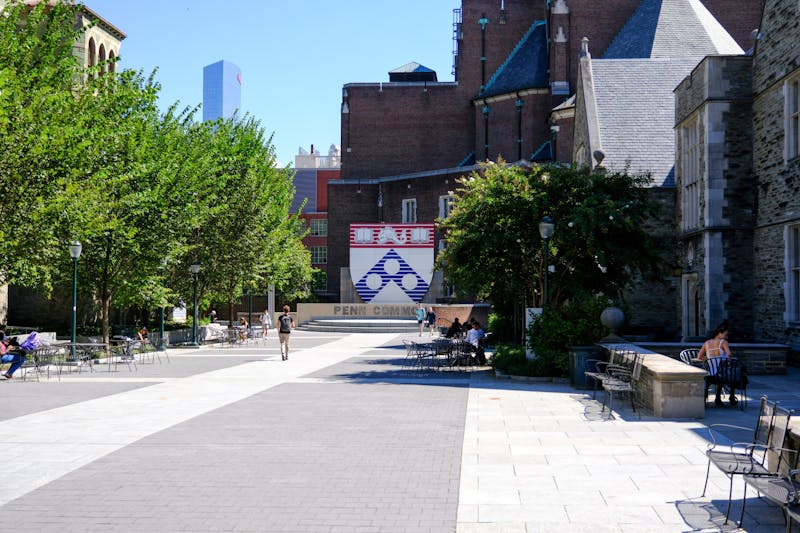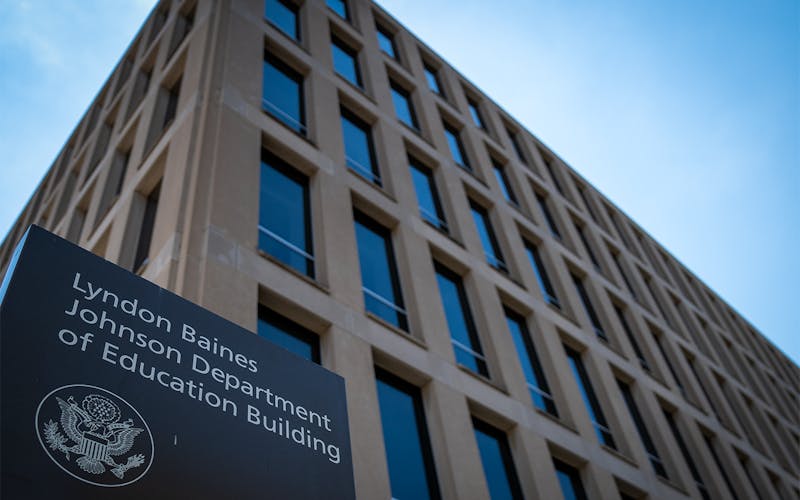
A number of Penn students received a class action settlement email on Sept. 17.
Credit: Chenyao LiuMany Penn students received an email last week informing them that they may be entitled to $2,000 in monetary compensation as a result of an ongoing class-action lawsuit alleging price fixing at 17 elite American universities.
The Sept. 17 email, which was titled “Notice of Class Action Settlement Authorized by the U.S. District Court for the Northern District of Illinois,” included information about a 2022 lawsuit alleging universities colluded on financial aid decisions and artificially raised tuition costs. The email states that students who attended Penn and received need-based financial aid are eligible for compensation from settlements totaling $284 million.
The class-action lawsuit, which was filed in January 2022, accused Penn and 16 other schools of allegedly colluding to reduce need-based financial aid and raise tuition costs. While 10 of the schools have since settled the lawsuit and formed the $284 million pool, Penn is one of the seven that has yet to do so — but Penn students affected can still apply for compensation.
A University spokesperson wrote to The Daily Pennsylvanian that they do not typically offer comment on litigation.
The lawsuit focuses on how schools determine financial aid packages and share information with one another. The case, which was filed in an Illinois district court, alleges that the universities used illegal methods to artificially increase tuition costs when calculating financial need — calculations that were done collaboratively. It claims that approximately 200,000 students have been impacted by financial aid price fixing at the 17 schools, including most Ivy League universities.
By January 2023, eight of the schools had settled, but still asserted that the lawsuit was without merit. In July 2024, a federal judge approved the $284 million settlement by 10 of the 17 universities that were sued. Penn and the six other schools who did not settle face ongoing legal action.
The other schools still facing legal action are California Institute of Technology, Cornell University, Georgetown University, Johns Hopkins University, Massachusetts Institute of Technology, and University of Notre Dame.
Despite not settling, Penn is included in the list of 17 universities acknowledged by the United States District Court for the Northern District of Illinois as having students and alumni who qualify as part of the settlement class, which includes U.S. citizens or permanent residents whose tuitions have been partially covered by need-based aid — thereby allowing students who attended the University between fall 2004 and Feb. 28 and who meet the settlement class requirements to file a claim.
According to the email, which multiple students confirmed receipt of, claims must be filed by Dec. 17.
Payments for claims will vary depending on several factors, including the net price of the university, dates of attendance, and quantity of filed claims. Students who file a claim will be assigned counsel from the settlement class counsel, which includes lawyers from Freedman Normand Friedland LLP, Gilbert Litigators & Counselors, PC, and Berger Montague, according to the email.
“Assuming that about half of the estimated 200,000 Class members submit timely claims, the average claimant will receive about $2,000 from these Settlements,” the email wrote.
Wharton sophomore Kate Cho, who is also a staffer for The Daily Pennsylvanian, received the email through her Penn email address. She said she was potentially interested in filing a claim if her family agreed, but also was “honestly not fully sure of how the case works and the details.”
Several Penn students who received the email, however, told the DP that they thought it was a scam and do not intend to file a claim.
"It reminded me of those honor society scam emails I received in high school," College sophomore Aidan daSilva wrote to the DP, adding that he has "no intention of filing."
The Daily Pennsylvanian is an independent, student-run newspaper. Please consider making a donation to support the coverage that shapes the University. Your generosity ensures a future of strong journalism at Penn.
Donate











